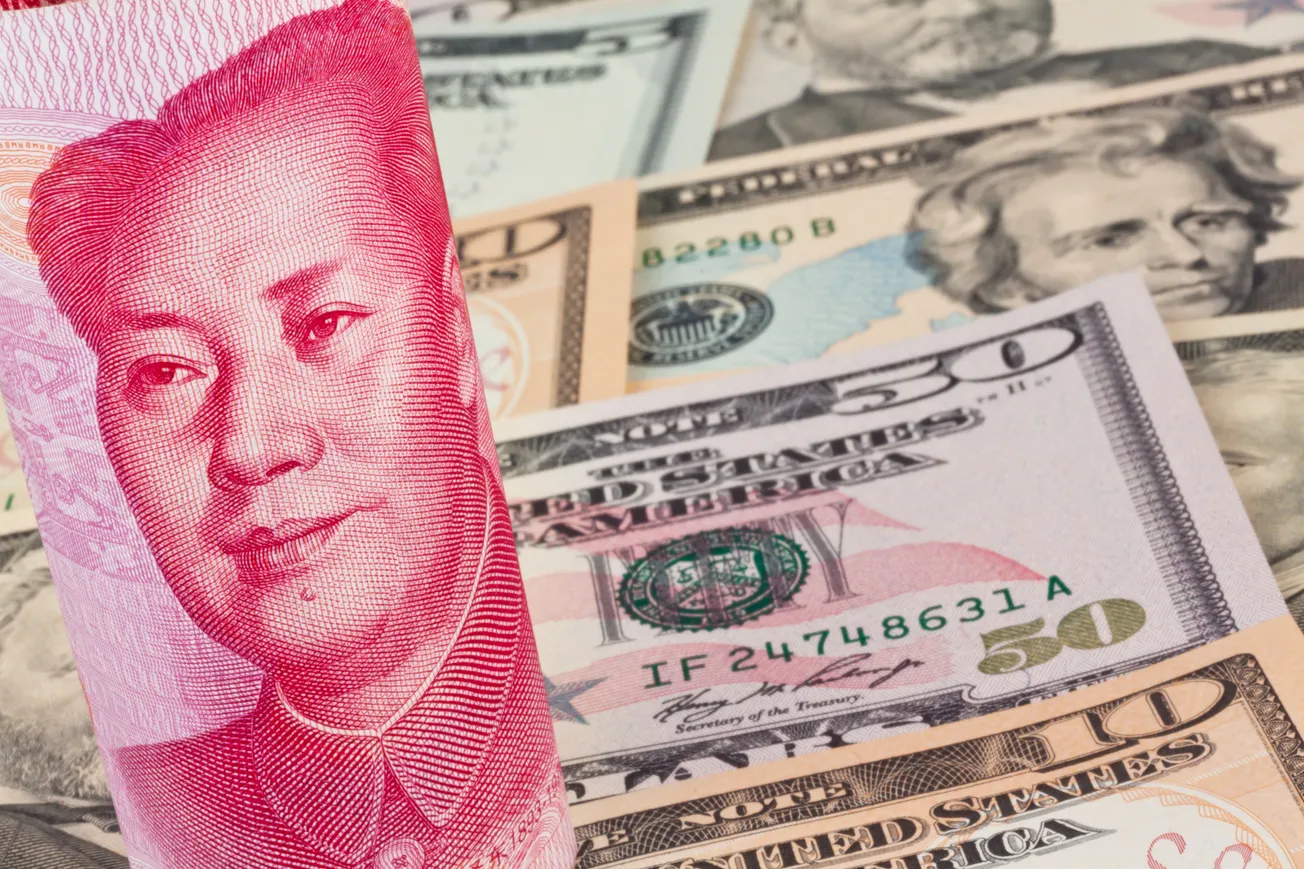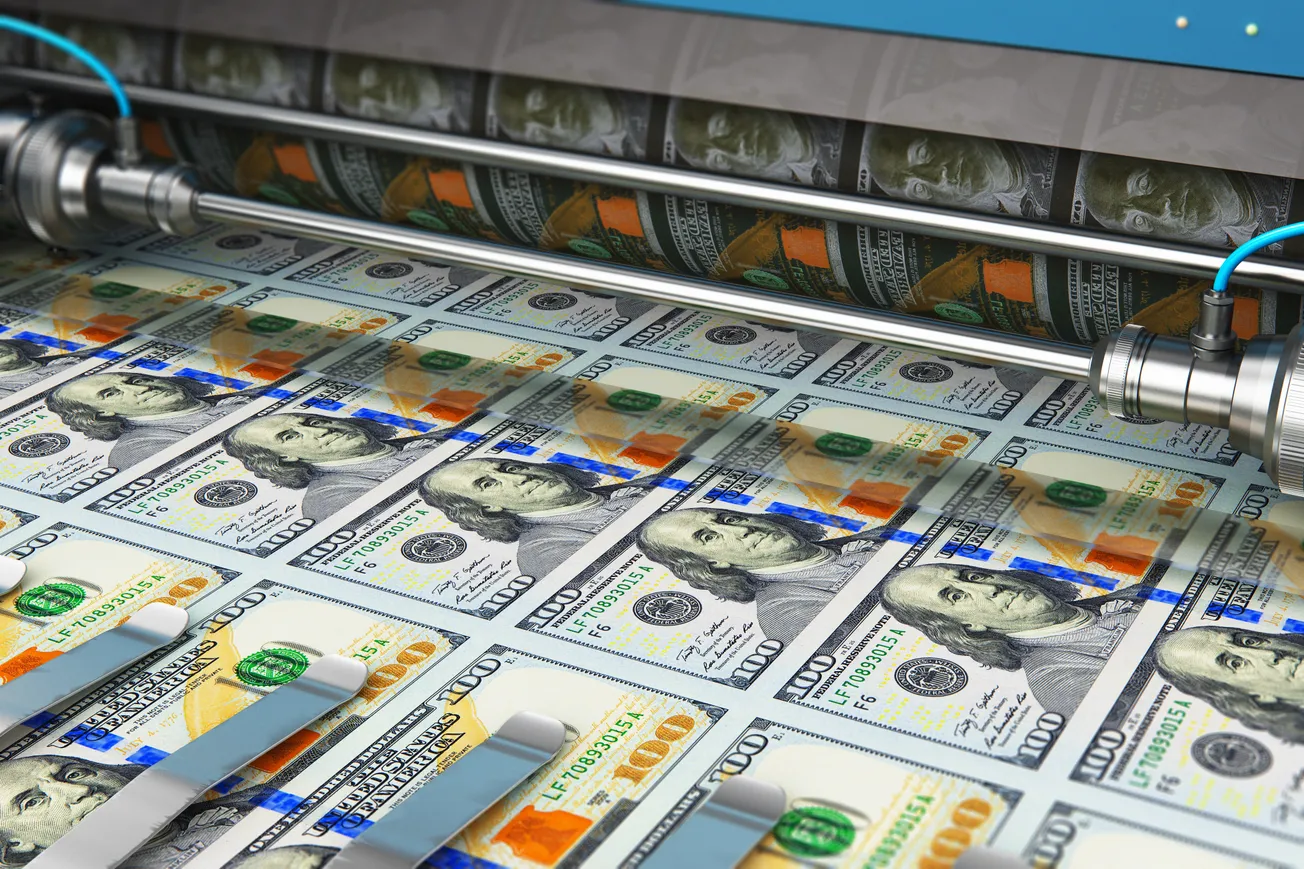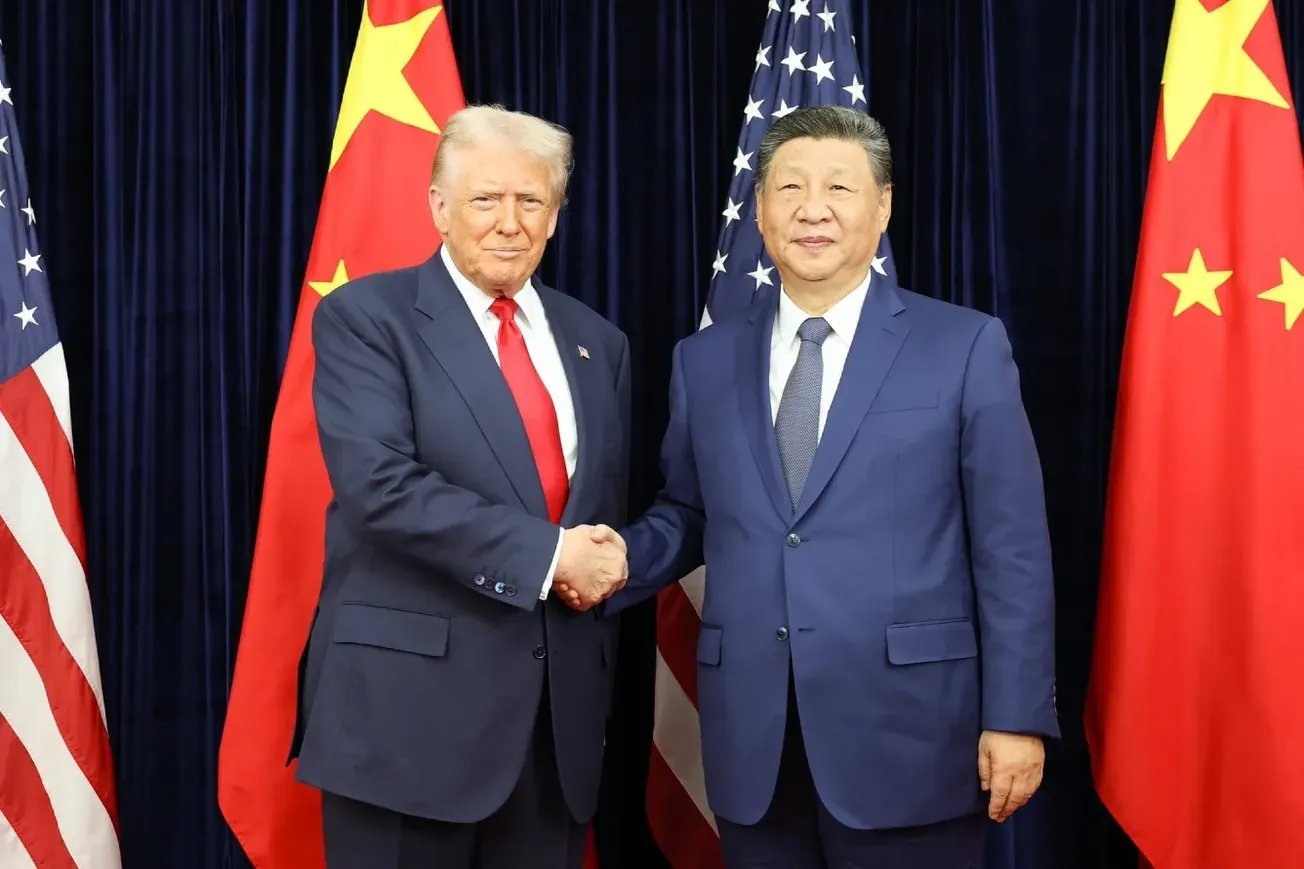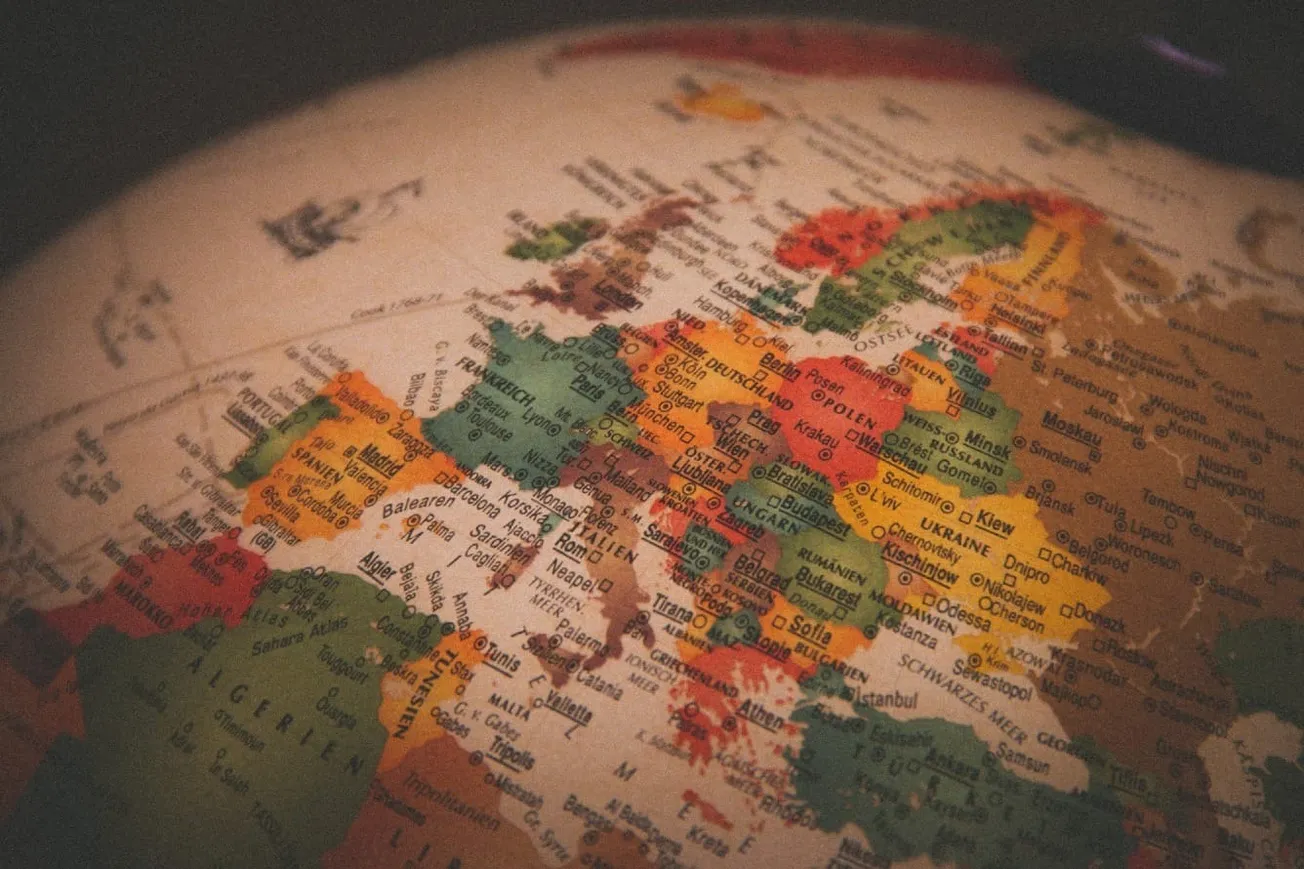The United Arab Emirates recently began accepting the Indian Rupee from travelers. Foreign travel is becoming increasingly common for Indian middle-class families. Their first foray into international travel is typically to neighboring countries such as Thailand, Bhutan, Nepal, Bangladesh, Sri Lanka, Maldives, and Zimbabwe. All these nations now accept the Indian Rupee for all transactions within their borders.
Americans don't think much when they travel abroad, knowing they can carry dollars, travelers' checks, or dollar-denominated credit and debit cards. But for most people in developing nations, an international trip often begins with a trip to the local bank. There, travelers must fill out onerous paperwork and exchange their local currency for dollars or prepaid debit cards. Most countries severely restrict the number of dollars one can buy. More generous allowances are granted when travelers seek medical treatment abroad or wish to study.
Now, Indians no longer have to visit their local bank to convert their rupees to dollars and again convert them back to the UAE currency on arrival in Dubai or Abu Dhabi. By not having to "buy" foreign exchange, Indians save. Banks collect a fee to cover transaction costs each time currencies are converted. Business Insider India estimated that Indians paid nearly $3.2 billion in foreign exchange transaction fees in 2020 alone.
To be sure, the dollar is still the dominant currency worldwide. Many nations peg their currencies to the dollar. The supply and demand equation of US dollars still drives international trade, invoicing, and settlement. Most commodities worldwide (oil, gas, soybean, wheat) are priced, sold, and bought in US dollars. Sixty percent of the dollar's circulation is outside the United States. The dollar is on one side of nearly 90% of all international trades, even when an American entity is not a party to the transaction.
But since President Biden took office and Russia's invasion of Ukraine, de-dollarization is happening as countries try to walk away from the dollar. Brazil and China recently signed a pact wherein all trade between the two countries will be conducted in Rial, Brazil's currency, or the Chinese Yuan. In September, Turkey agreed to pay for 25% of Russian natural gas buys using the Rouble. Saudi Arabia, Iran, and China just concluded a handshake. Expect China to insist that trade between China and the two countries should subsequently occur in Yuan. The Yuan has already replaced the dollar as Russia's most traded currency.
India is a crucial player in the de-dollarization initiative. For over 25 years, Indian technology companies have provided expertise to Western financial institutions to build and maintain back office systems - and have the ability to build an international de-dollarization infrastructure. India's Unified Payments Interface (UPI) is far ahead of developed countries. In 2022, the government reported that over $1.5 trillion in person-to-person or person-to-business transactions, more than 52% of the total, were conducted using a swipe or a click on a smartphone. Today UPI systems have already been adopted in India's neighboring countries with Singapore the latest country to join. India has already begun flexing its technology muscle by building a platform for buying Russian oil in rupees. India and Malaysia are planning to bypass the dollar in bilateral trade.
President Biden's policies are heavily to blame for the dollar's decline in international heft. After he assumed office, he continued to spend with gay abandon, sloshing the economy with borrowed cash. But his administration never recognized the ill effects of all that spending. Treasury Secretary Janet Yellen's famous line, "Inflation was transitory," became a nightmare for the administration to defend as Americans struggled at the pump and grocery store. Biden's woke energy policies severely restricted new oil production in America, driving up energy costs.
The Fed recognized that inflation was about to get out of hand and began increasing interest rates starting March 2022. In about a year, the Feds Fund rate had risen from 0.25% to 5.00%, a whopping 475 basis points increase. The Fed's actions targeted fixing the American economy but had an outsized effect on world markets.
When the world's safest investment - US Treasury Bonds - can offer 5% yields and the economy is uncertain, investors in emerging markets will short their securities and run to park their funds in Treasurys. This results in foreign currencies falling for no fault of their own. Last summer, the Euro breached parity with the dollar as the European Central Bank was slow to increase rates. In the UK, investors fled the Sterling for the same reason (and a ridiculous tax and spend proposal by Liz Struss's short-lived government). Biden's strategy of forcing EU nations away from Russian energy worsened matters as the Rouble gained value.
Under President Biden, the Treasury Department has significantly stepped up its sanctions regime to punish Russia and countries that deal with Russia. The entire country of Russia has been cut off from SWIFT, a dollar-based text messaging system that banks use to complete international transactions. Deputy Secretary of the Treasury Wally Adeyemo has been jetting around the world, cajoling and threatening sovereign countries that if they don't tow the American line, the sanctions net can ensnare them.
Many Global South countries are weary of America weaponizing the dollar to pursue its foreign policy goals - objectives with which they may disagree. Thanks to President Biden's leadership, Russia, Saudi Arabia, and Iran have moved to the Chinese camp. And now, countries are working overtime to abandon the dollar, a symbol of America's prestige in the world.
Like our insights? Show your support by becoming a paid subscriber!
Want to show your appreciation? Donate









